Written for Moving Image Source‘s “Moments of 2012”, posted January 10, 2013. — J.R.
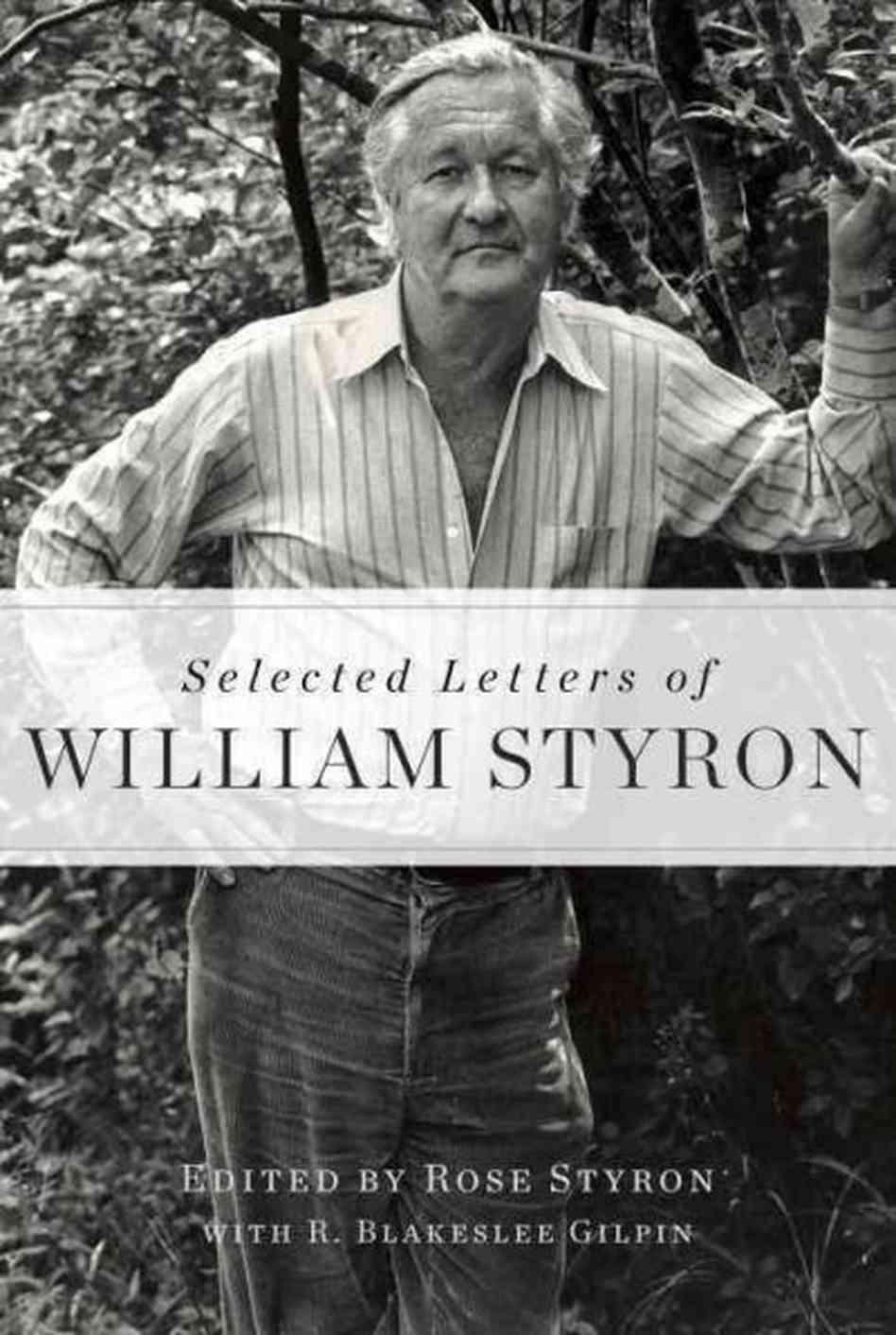
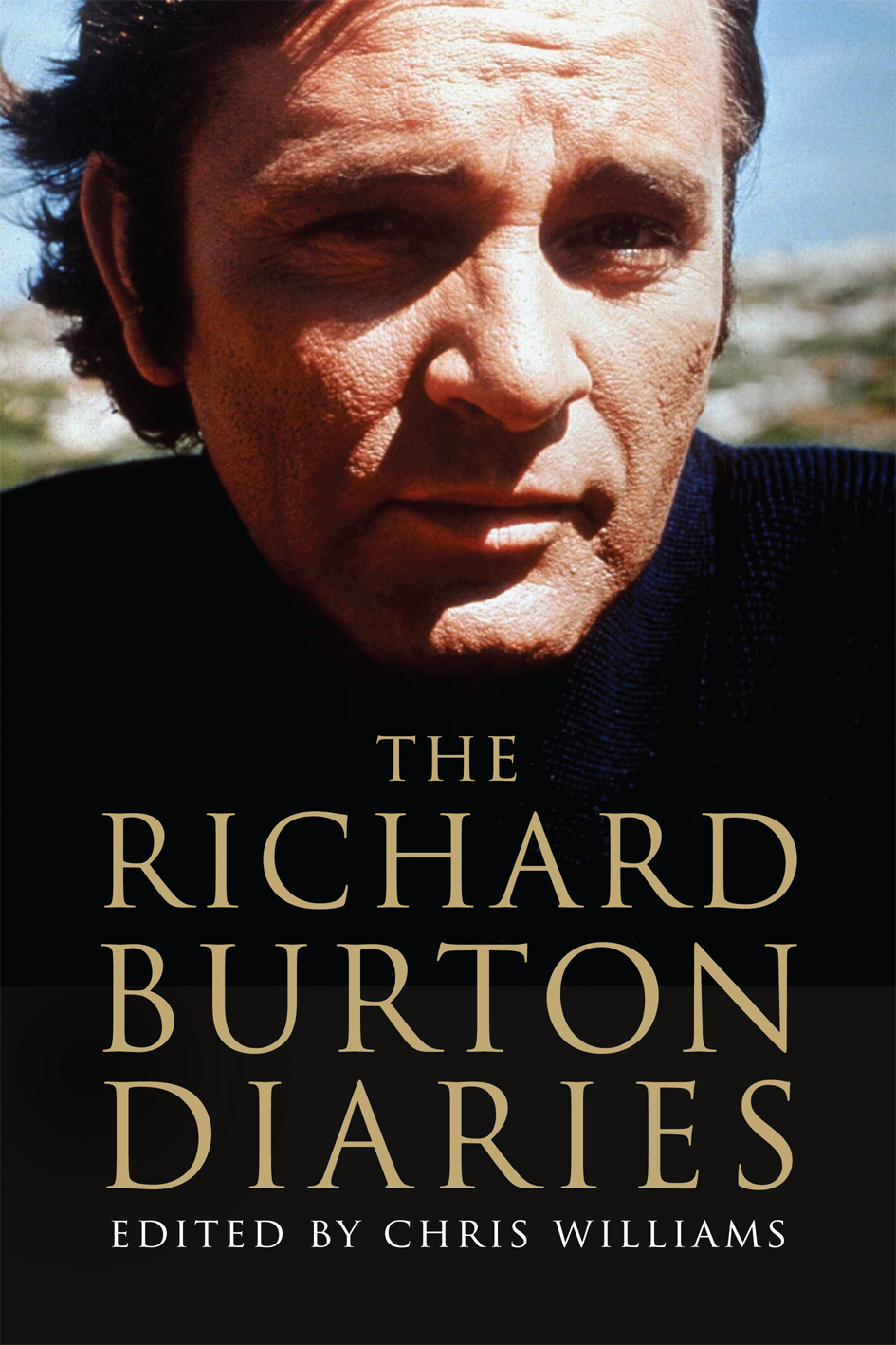
This holiday season, part of my light reading has consisted of browsing through two new doorstop-size books, each over 600 pages long, Selected Letters of William Styron and The Richard Burton Diaries. The differences between them have been both telling and surprising, at least to me. Both men were heavy drinkers and literary pontificaters who spent much of their social lives hanging out with celebrities, but Styron—the more prestigious and respectable of the two, and admittedly the one I respected more before broaching these two volumes — proves to be an utter, sanctimonious bore, seemingly more interested in career management than in life, while Burton, forever the shameless hack actor, has both an interest in life and a wry sort of humor about it that sparkles on every page.
Admittedly, there’s not necessarily much correlation between artistic talent and the way one communicates with one’s self or with friends, acquaintances, and relatives. My own semi-admiration for Styron stems mainly from what I remember favorably about Set This House on Fire and Sophie’s Choice — two of his less respectable efforts, according to this country’s literary tastemakers, but possibly more because of their perceived subject matter than because of their dramatic achievements. Read more
From the Chicago Reader (October 1, 1995); corrected and updated in September 2012. — J.R.
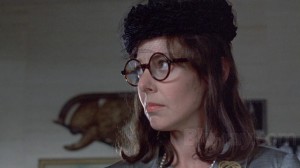
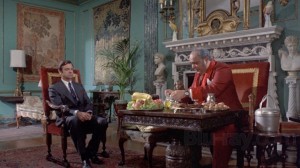
Writer-director-star Elaine May’s first feature (1971). Not all of it works, and the studio cut some of the darker elements (including a murder sequence that May avows was one of the funniest things Jack Weston ever did), but it’s still an often brilliant and frequently hilarious comedy. Walter Matthau, cast wildly against type, plays a spoiled playboy suddenly deprived of his wealth who plots to marry and murder a wealthy, klutzy, and clueless botanist (May, playing sort of a female Jerry Lewis). May’s savage take on her characters irresistibly recalls Stroheim; she’s at once tender and corrosive (as well as narcissistic and self-hating). This is painful comedy, to be sure, but there’s a lot of soul and spirit behind it. With James Coco, George Rose, and William Redfield. (JR)
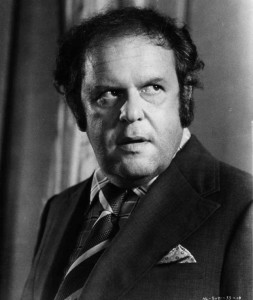 Read more
Read more
Given to Indiewire in March 2013:
THE SPIELBERG POLL

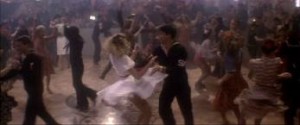
BEST FILM
You may vote for up to 5 films.
1. A.I. Artificial Intelligence
2. 1941
3. Close Encounters of the Third Kind
4.
5.
BEST DIRECTING JOB
You may vote for up to 5 films.
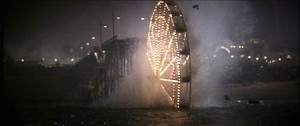
1. 1941
2. A.I. Artificial Intelligence
3. Close Encounters of the Third Kind
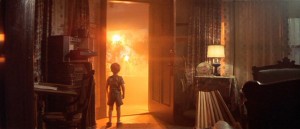
BEST LEAD PERFORMANCE
You get five votes. Remember to list both an actor’s name and the title of the film he or she appears in.
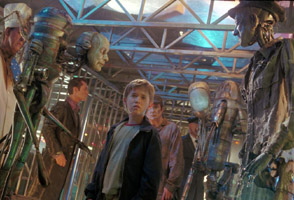
1. Haley Joel Osment (David) in A.I. Artificial Intelligence
2. John Belushi (Captain Wild Bill Kelso) in 1941
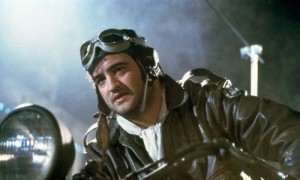
BEST SUPPORTING PERFORMANCE
You get five votes. Remember to list both an actor’s name and the title of the film he or she appears in.
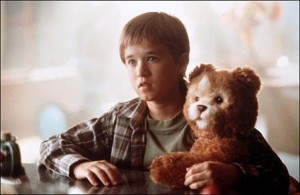
1. Teddy (teddy bear/prop/special effect) in A.I. Artificial Intelligence
2. Jude Law (Gigolo Joe) in A.I. Artificial Intelligence

BEST SCENE
You get five votes. Feel free to include an explanation of why a certain scene/moment/sequence made your list.
1. last scene in A.I. (emotional virtuosity and bleakness)
2. restaurant sequence in 1941 (technical virtuosity and exhilaration)
BEST HERO
You get five votes. Include the character name and the film in which he/she appears.
1. Haley Joel Osment (David) in A.I. Read more













